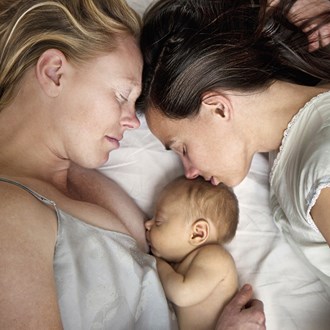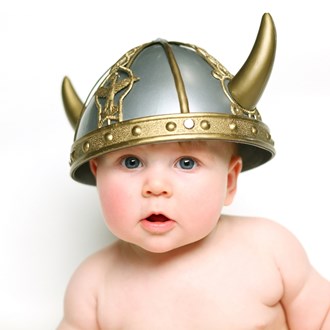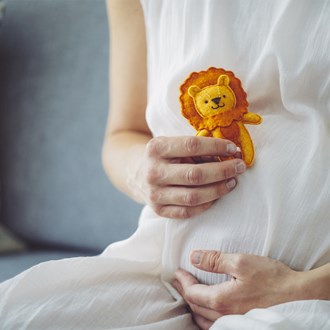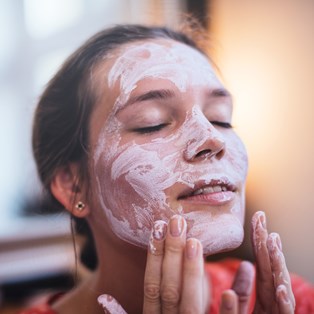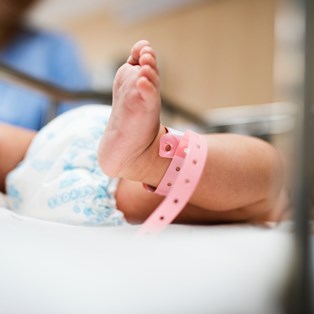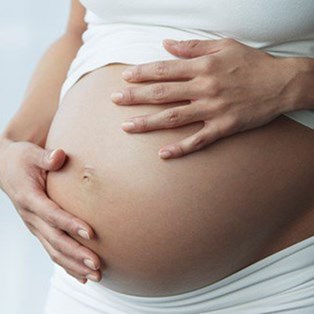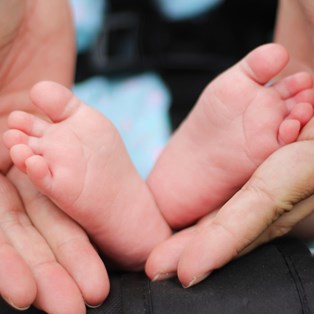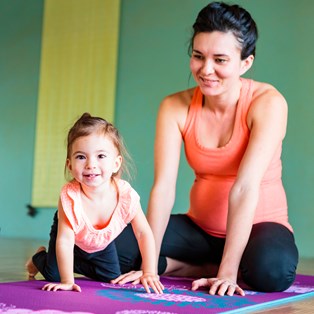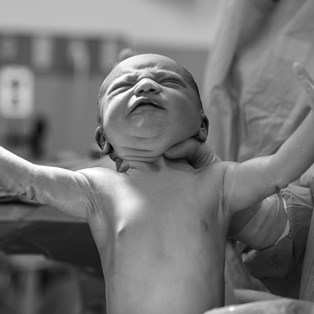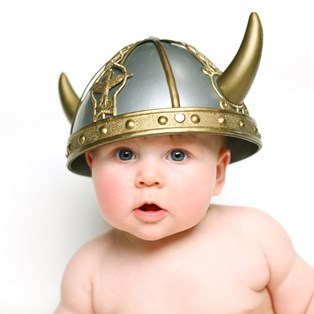Why depression and anxiety during pregnancy is on the rise
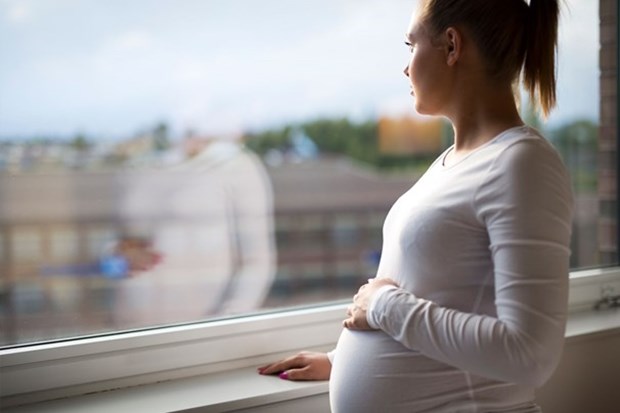
"Pregnancy is getting harder."
By Jessica Bosco
August 05 2018
Women today are 51 percent more likely to experience depressions and anxiety during pregnancy than our other’s generation according to a new study.
The study out of the UK found that factors including increased workload due to career aspirations as well as financial demands due to growing housing prices are largely to blame.
They also describe the “compare and compete” culture thanks to social media as a factor.
Researchers from the University of Bristol questioned pregnant women aged 19 to 24 between 1990 and 1992, and then between 2012 and 2016. The average age of the mothers was 22-23.
Of the first generation of women, 17 per cent rated high for “depressive symptoms” and in the second generation, this figure had risen to 25 per cent, which is an increase of 51 per cent.
“Pregnancy is getting harder,” says Dr Rebecca Pearson, who led the research.
“We know that employment among young women has increased massively in a generation, both because they want to work, which is great, but also because they can’t afford not to.
“You often need two incomes to afford a house these days. It’s increasing anxiety levels.”
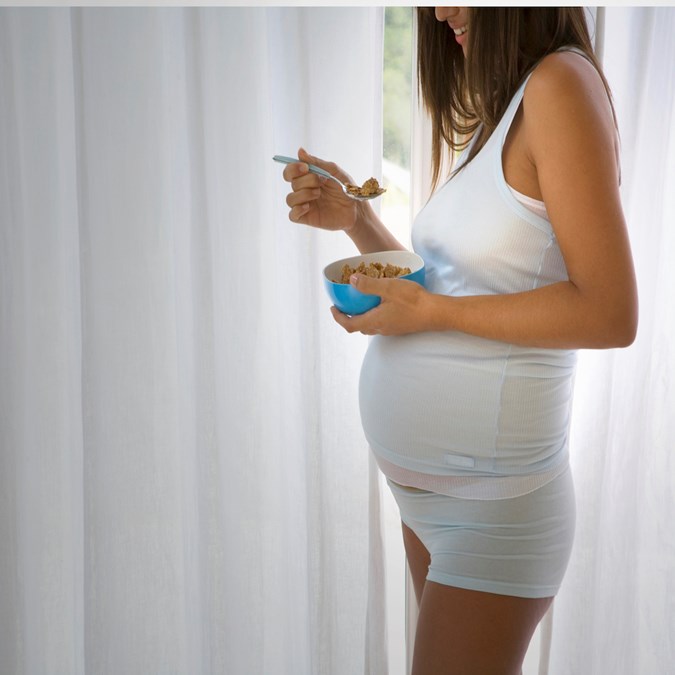
Dr Pearson did note however that the rise in rates of prenatal depression is in line with the general rise in anxiety and depression in women.
"Chronic stress, sleep deprivation, eating habits, sedentary lifestyle, and the fast pace of modern life may be contributing to an increasing prevalence of depression among young people generally," she said.
"The impact of such changes may be amplified when a woman becomes pregnant. It’s worrying.”
If you or someone you know needs help and support contact:
PANDA - 1300 726 306
beyondblue - 1300 224 636
Pregnancy, Birth and Baby - 1800 882 436
This article originally appeared on marie claire.

